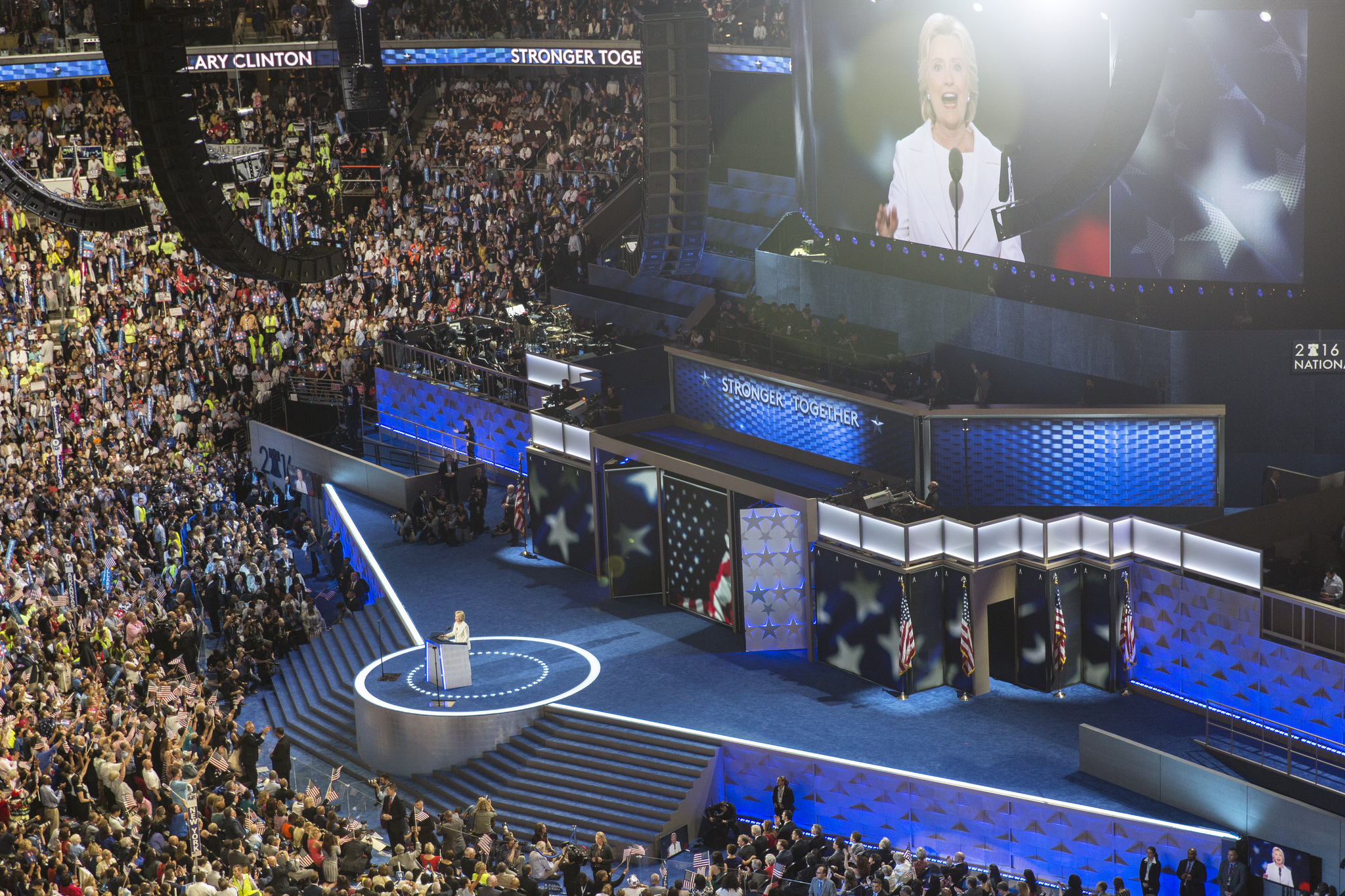Donna Brazile has a scathing article in Politico today that is sure to heat up the divisions in the Democratic Party that surfaced during the 2016 primary. In it, she goes after not only the Clinton campaign, but former DNC Chair Debbie Wasserman Schultz and the Obama campaign.
It is all focused on the fundraising agreement reached in August 2015 between the Clinton campaign, the DNC and 32 state parties called the Hillary Victory Fund. It allowed donors to bundle their contributions to the three entities.
The title of Brazile’s piece, “Inside Hillary Clinton’s Secret Takeover of the DNC” is seriously misleading. Back in May of 2016, Kenneth Vogel and Isaac Arnsdorf reported on almost everything Brazile covers. Other reports followed, like the one from Jeff Stein. Here’s what Brazile adds to the reporting:
The [Hillary Victory Fund] agreement—signed by Amy Dacey, the former CEO of the DNC, and Robby Mook with a copy to Marc Elias—specified that in exchange for raising money and investing in the DNC, Hillary would control the party’s finances, strategy, and all the money raised. Her campaign had the right of refusal of who would be the party communications director, and it would make final decisions on all the other staff. The DNC also was required to consult with the campaign about all other staffing, budgeting, data, analytics, and mailings.
That will, no doubt, be met with accusations from Bernie Sanders and his supporters that they were right… the DNC rigged the primary in Clinton’s favor.
But what none of the articles mention, either from last May or Brazile’s today, is this:
Bernie Sanders’ presidential campaign has signed a joint fundraising agreement with the Democratic National Committee, the DNC confirmed to POLITICO.
The move, which comes more than two months after Hillary Clinton’s campaign signed such an agreement in August, will allow Sanders’ team to raise up to $33,400 for the committee as well as $2,700 for the campaign from individual donors at events.
So there was also a Bernie Victory Fund, it’s just that Sanders never raised any money for it. We’ll never know what kind of influence he might have wielded with the DNC if he had done so. But it demonstrates that the party was willing to work with any candidate in the primary who sought such an agreement.
None of this means that the whole thing doesn’t stink. What Brazile actually points to is the idea that it’s beyond time to question the role and functioning of the DNC. Is it merely a pass-through organization to be used as a fundraising tool for presidential candidates? That seems to be how it worked under Wasserman Schultz. As someone who watched very closely as Tom Perez, the current DNC chair, worked to turn around a decimated and politicized Civil Right Division at the DOJ, I’m prepared to give him time to do something similar with the DNC. Time will tell.
But it is interesting to note that there are similar questions that have surfaced about the RNC. Here’s what Jon Ward wrote about that back in the summer of 2015:
The fight between the RNC’s chairman and the political operatives affiliated with Charles and David Koch over who controls the rich treasury of data on likely Republican voters has raised fundamental questions about what role the party’s central committee — even under the best management — can hope to play in the age of super-PACs. And it raises an even more fundamental question of how you define a political party.
That was followed by a Republican presidential primary with 17 candidates, many of whom had their own billionaire backer(s) and an inability to stop a lunatic candidate from winning the nomination. Now the party is facing a battle of the oligarchs for control.
I’ll leave it to the political historians to document how far all of this has come from the days when the RNC and the DNC were the powerhouses that controlled politics in this country. But right now there are two competing forces that are decimating these organizations:
- The Supreme Court’s Citizen United decision that allowed unlimited political spending by the oligarchs, and
- The unleashing of grassroots politics that started with Howard Dean, was successfully marshaled by Barack Obama, and inflamed the candidacies of both Sanders and Trump.
Right now those two forces are on a collision course—leaving organizations like the DNC and the RNC on the sidelines.



